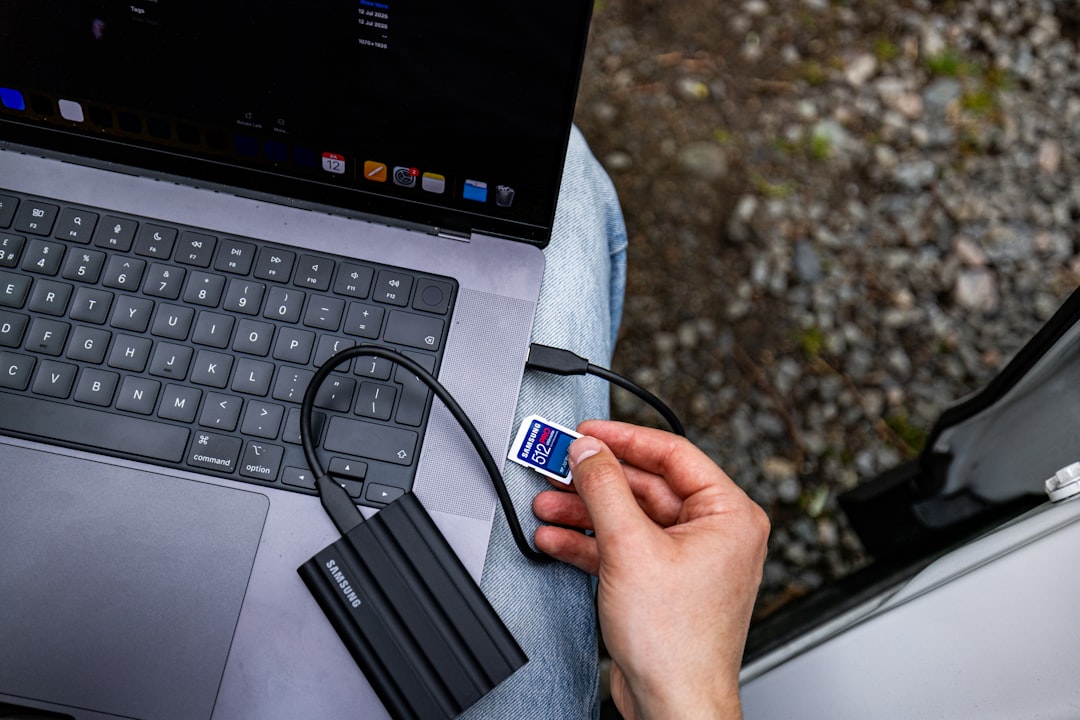The rise of cryptocurrency adoption has made it more essential than ever to manage, recover, and secure crypto wallets effectively. Crypto wallet finder apps are invaluable tools for users who’ve lost access to wallets, are trying to track down forgotten addresses, or simply want to manage multiple wallets across devices. With various operating systems in mind, it’s worth examining how these apps perform across iOS, Android, and desktop platforms. This article compares the leading crypto wallet finder applications on these platforms, looking at their features, ease of use, and overall performance to help users decide which option works best for their needs.
What Is a Crypto Wallet Finder App?
Before diving into the comparisons, it’s essential to understand what these apps do. A crypto wallet finder primarily helps users to:
- Recover forgotten wallets by using seed phrases or blockchain address scanning
- Link multiple wallets and keep track of balances in one dashboard
- Scan system directories (mostly on desktops) for wallet files
- Validate mnemonic phrases or private keys against known wallet formats
Depending on the platform, wallet finder apps can range from basic scanners to full-fledged wallet management suites. Now, let’s explore how these solutions stack up on different platforms.
Crypto Wallet Finder Apps on iOS
The iOS environment, while secure and user-friendly, imposes strict controls on app functionality. Despite these limitations, several crypto wallet finders offer impressive features tailored for iPhone and iPad users.
Top Options:
- Trust Wallet: While primarily a wallet, it includes great recovery tools, such as syncing wallets via seed phrases. It supports thousands of coins and NFTs.
- Coinomi: Known for multi-language support and wide blockchain compatibility, Coinomi allows seed phrase inputs for wallet recovery.
- SafeWallet: Offers secure handling of mnemonic phrases and an easy-to-use interface, great for beginners.
Pros:
- High-security standards due to Apple’s sandboxing
- Sleek and intuitive user interfaces
- Integrated Face ID and Touch ID for security
Cons:
- Limited access to system-level files for deep wallet scans
- Fewer experimental tools due to App Store restrictions
In general, iOS wallet finders focus on simplicity and ease of use while maintaining tight security. They’re best for users who need reliable access and syncing across Apple devices, but may not serve advanced users who want deep-level recovery options.

Crypto Wallet Finder Apps on Android
Thanks to Android’s open ecosystem, crypto wallet finder apps can offer a broader set of features, especially those that require access to internal storage where wallet files or data remnants may be stored.
Top Options:
- Atomic Wallet: Allows users to import wallets using private keys or seed phrases, with analytics for balances and history.
- Mycelium: A Bitcoin-focused wallet with tools for scanning and importing old wallet backups.
- Ethplorer Mobile: Great for Ethereum-based wallets, it allows you to enter your addresses or seed phrases and track ERC-20 tokens easily.
Pros:
- More flexibility and powerful scanning tools
- Allows access to local directories to find wallet.dat or other formats
- Often supports sideloading of APKs for more advanced tools
Cons:
- Varying security standards depending on device brand
- User must be cautious with permissions to avoid spyware or fake apps
For more tech-savvy users who want to recover old or corrupted wallets, Android wallet finders offer powerful capabilities. They are ideal when paired with antivirus software and a good understanding of app permissions and blockchain tech.
Crypto Wallet Finder Software for Desktop (Windows, macOS, Linux)
Desktops provide an entirely different playing field—one where high-powered scanning, recovery, and even brute-force tools can be applied. For many users, lost wallets live on aging hard drives or cloud backups synced to desktop platforms. Wallet finder software on desktops is suited for advanced users, particularly those dealing with backups of older wallets or requiring forensic-like tracking capabilities.
Top Desktop Options:
- Wallet Recovery Tools by CryptoKeys: A well-known set of scripts and utilities for analyzing wallet formats and identifying usable data across various cryptocurrencies.
- BTCRecover: A Python-based wallet recovery utility that supports password recovery for wallets from Electrum, Multibit, and others using heuristics and dictionary attacks.
- Jaxx Liberty: While it functions as a wallet primarily, it allows users to restore using mnemonic phrases and includes wallet management across desktop and mobile.
Pros:
- Full access to system directories for deep scanning
- Advanced utilities like brute-forcing, regex searching, and mnemonic reconstruction
- Better suited for large datasets or legacy wallets
Cons:
- Requires technical skill to operate many tools
- Higher risk if malware is downloaded with third-party software

Desktop-based solutions offer the most thorough and customizable experience, but are best utilized by experienced crypto users or developers. For individuals looking to recover large sums from old wallets, the capabilities of desktop platforms are unmatched.
Security Considerations Across Platforms
Security is critical when using any crypto wallet finder app, regardless of platform. Here are several best practices to follow:
- Never share your seed phrases or private keys with anyone or input them into suspicious platforms.
- Use trusted apps with good reviews and verified developers on App Stores or GitHub.
- Enable two-factor authentication where possible.
- On PCs, scan every tool downloaded for malware using antivirus and ensure you’re using legitimate versions from official sources.
Each platform has its own set of strengths and risks. iOS offers security through sandboxing, Android offers flexibility at the cost of higher risk, and desktops offer the most power but require the most caution.
Final Verdict: Choosing the Right Platform
Picking the right wallet finder solution comes down to what the user needs and their level of technical comfort. Here’s a quick summary to help decide:
- Use iOS:
- If you want secure, mobile-first wallet syncing and backups
- If you prioritize user experience and integrated iOS security
- Use Android:
- If you want more control and access to file systems
- If you’re tech-savvy and need powerful recovery features on-the-go
- Use Desktop:
- If you have old wallet backups or files from years ago
- If you’re comfortable with crypto command line tools and advanced analytics

In the ever-evolving world of cryptocurrencies, making sure you can access and manage your crypto holdings is essential. Crypto wallet finder apps play a key role in this process—and knowing how they differ across platforms can make all the difference.
Whether you’re a beginner trying to reaccess your first wallet or a seasoned user diving into forgotten data on an old hard drive, there’s likely a tool tailored to your platform of choice. Stay safe, do your research, and remember: your private keys are your financial future—handle them with care.